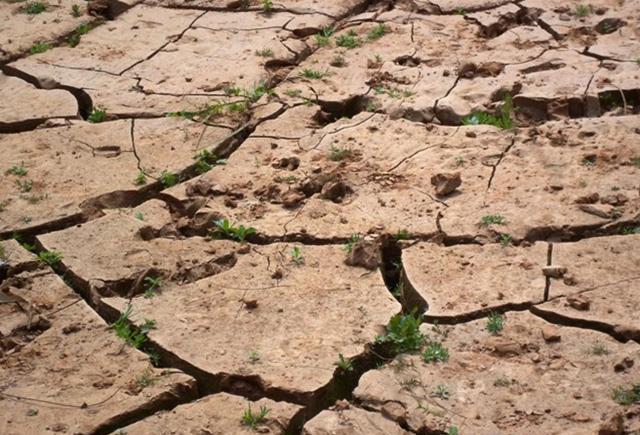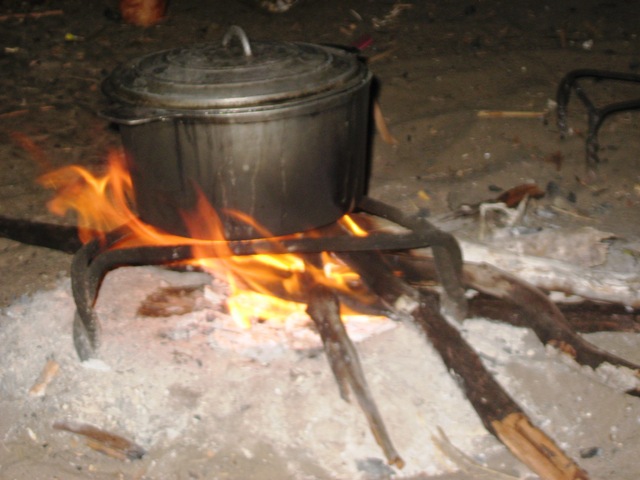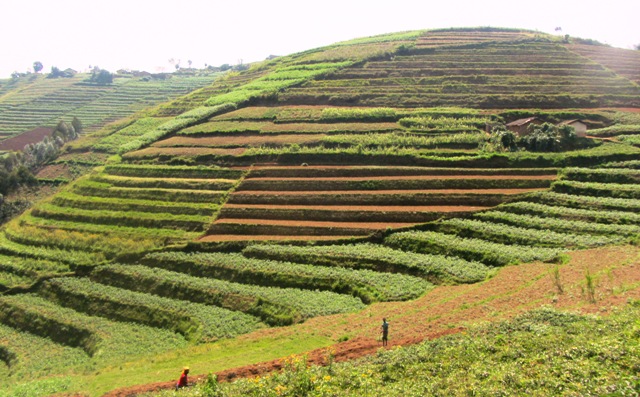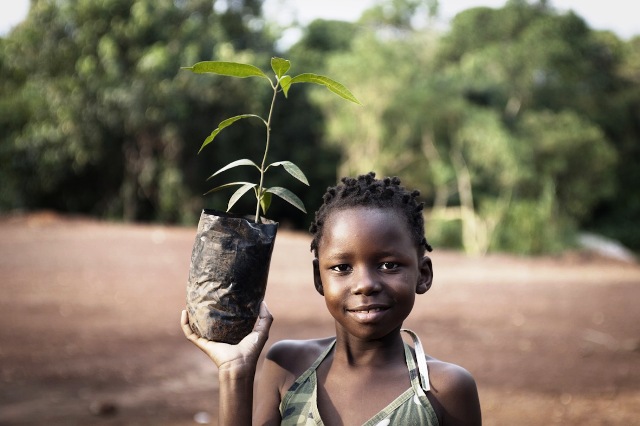The most important regions for biodiversity conservation in Africa
The Albertine Rift extends from the northern tip of Lake Albert down to the southern tip of Lake Tanganyika covering Burundi, DRC, Rwanda, Tanzania, Zambia and Uganda. The Albertine Rift is one among the most important regions for biodiversity conservation in Africa. It contains more vertebrate species than any other region on the continent and contains more endemic species of vertebrate than any other region on mainland Africa. It has been identified as a region of great importance for conservation of biodiversity; eco-region, biodiversity hotspot and endemic bird area.
Does really the changing climate have any impact on us*?

The changing climate which is directly or indirectly attributed to human activities alters the composition of the global atmosphere. There are numerous potential negative effects on environment, biodiversity, development initiatives in your community, your region and worldwide.
Climate change which is man-made phenomenon is expected to intensify regional contrasts in precipitation that already exist; dry areas are expected to get even drier and wet areas even wetter. The snows on the top of mountains are decreasing in extent, thickness, and duration.
Dramatically, organisms attempt to acclimate to a changing environment or move to a more favorable location but climate change threatens to push some species beyond their ability to adapt. And this might lead to the extinction of some species and increasing number of threatened species.
Thus, it will increase stress on farming and threaten global food security as more than 80% of our daily diet is directly from biodiversity. Reflecting on Malthus’ theory and considering the current high population growth rate in the region; climate change will increase pressure on natural resources and lead to poverty, starvation, misery and wars at a certain point if nothing is done right now; that is a personal reflection!
Does climate change mitigation matter*?

There are a number of actions, measures and solutions to address this cross cutting and global concern. Although, mankind has to make choices; they have first of all to control carbon dioxide emission as the main greenhouse gases contributing to global warming which result on fossil fuels burning mostly.
Human have to use energy efficiently, expand the use of low and zero carbon emitting sources of energy such as solar and wind energy. The use of biogas energy in remote area has proved to be effective, low cost, and enquires adequate technologies.
Therefore, defined as an anthropogenic intervention to reduce the sources or enhance the sinks of greenhouse gases by the Intergovernmental Panel on Climate Change (IPCC), mitigation ranges from small activities in your community to global ambitions and commitment.
Does climate change adaptation matter*?

The IPCC defines adaptation as an adjustment in natural or human systems in response to actual or expected climatic stimuli or their effects, which moderates harm or exploits beneficial opportunities. Due to its complexity, adaptation progress and efforts should be assessed within local contexts.
Thus, adaptation planning and response efforts are under way in Albertine Rift countries; much of the nation’s experience is in protecting its people, resources, and infrastructure. Responding to climate change is about making choices in the face of risk. Any course of action carries potential risks and costs; but doing nothing may pose irreversible risks and great impacts towards biodiversity and human kind in general.
Does really my action or initiative matter?

There are different ways to address climate change, one among cross cutting and global concern, related issues. Each method has his advantages and disadvantages; you have to find a synergy between all the methods and approaches so that you can maximize the efforts in facing this changing climate. Therefore, you shall first seek to mitigate the causes of climate changes, which are well known, so that you should think about adaptation measures.
Of cause, individuals, communities, national, regional, and global effort are required in order to face this changing climate for future generations. No matter how small should be your initiative; the whole World relies on it! From planting one tree in your community to restoration of thousands acres, or from harvesting rain water at your roof to construction of sophisticated water plants; you should act locally and make a global impacts.
However, global and well coordinated efforts are required; everyone has a role to play, mostly we youth, and together we shall build community where people live in harmony with nature, resilient…everything else can wait!
*Consulted IPCC publications

Thank you so much for this writing. I learn a lot from this.
J’aimeAimé par 2 personnes
You are welcome Yoboue, still more interesting articles to come. just keep a look on the blog
J’aimeAimé par 1 personne